
Most people know that if you make the same mistake over and over again, it stops being an accident, and start being compulsive or chronic. In the case of SM Entertainment, however, such notions aren't observed; almost every year, a new scandal breaks out in which one or more idol group members cite poor working conditions at SM Entertainment as a reason for attempting to leave the company. From withheld pay to mysterious injuries, SM Entertainment artists including TVXQ's original members Jaejoong, Junsu, and Yoochun along with Super Junior-M's Henry have all spoken out against the practices of the company. All of their watershed moments were very public, and yet internal scandals continue to rise from the house of SM. It is with this in mind that we must ask: why can't SM Entertainment keep it together when it comes to artist relations?
To explore SM Entertainment's troubled history with artist relations, you only need to start with the words that f(x) member Amber posted on her Instagram earlier this year. "I'm continuously neglected, hurt, and taken advantage of," she stated, echoing the same sentiments expressed by labelmate and Super Junior-M's own Henry a little over a month ago. "I'm so tired mentally and physically and this is where I draw the line. No more," she said.
On March 25, Amber posted another more detailed message on Instagram about her time at SM. She described being told she "wasn't good enough" despite often being the lone force behind her marketing plans, music, visuals and general "job hunting." She expressed frustration with her experiences of more than five years and implied she was taking on more than she was ever meant to. While many fans are still reeling from the shock, for longtime observers of SM (and Amber in particular), her cry for help seems eerily familiar.
As we mentioned, Amber's statement had a similar tone and timing to one made by Henry. In his own, he said "I can't do it alone any longer. It's been a mistake since 9 years ago," and reached out directly to fans by adding "if you see this message please speak on my behalf, the company won't listen to me." This message offered a stark and shocking contrast from the rigorously planned, positive ones usually seen from K-pop stars' social media accounts, and forced many to confront the notion that a favorite artist might be treated unfairly. As it turns out, though, these incidents might not be so random, and they represent a larger problem in the way that the Korean pop industry operates.
You might recall that prior to Henry and Amber's incidents with SM Entertainment, the label had a highly publicized legal battle with several original members of EXO: Kris, Luhan, and Tao. All three members were Chinese, and their problems arose primarily from their own desire to work outside of the confines of their original contracts, in a way more suited to the Chinese market. In some cases, this meant solo singles or acting. In others, this meant cosmetic endorsements. But to SM Entertainment, who had signed all three artists to an exclusive contract, it meant a conflict of interest. As news of discord came out, all three members' activities were quietly put to a halt, until they eventually left the group entirely.
As lawsuits traded hands back and forth, fans were reminded of a nearly identical situation several years prior: a Chinese member of the label's flagship super group called foul in regards to the label's practices (in this case, the length of contracts), went through legal drama, and came out on the other side no longer a Korean celebrity. That was, of course, former Super Junior member Hangeng. Although his split from SM brought the label's infamous ten-plus year contracts to the attention of the public, the damage was done; he has not promoted in Korea since that time, a fate often shared by SM Entertainment's ex-artists.
Hangeng isn't the only former SM Town resident that's had issues with contract length, and the dearly departed members of EXO weren't alone in their quest for more activity options. As mentioned before, original TVXQ members Jaejoong, Yoochun, and Junsu experienced so much trouble with the label in these departments that it effectively broke TVXQ as the world knew them. This was no small feat - the group was perhaps SM Entertainment's biggest success story of all time alongside BoA, and their turmoil bubbled over during a stretch of Japanese promotions in which the group dominated both the charts and media air space.
The story behind TVXQ's restructuring is complicated and could be made or broken by the presence of unverified information. What is certain is that the group began experiencing troubles sometime after cosmetic company CreBeau sought to ink an endorsement deal. When this wasn't allowed to happen, it was used as an opportunity for the several members to bring other problems to the table. As did Hangeng, the group that went on to become JYJ raised concerns about the length and format of their artist contracts. In this case, TVXQ was allegedly held to a 13-year exclusive contract, with many stipulations requiring performances or labor even in the absence of compensation.
TVXQ continued as a two-member unit, while JYJ did a mix of solo projects and group activities. Despite massive sales, the projects bore the stamp of another signature SM Entertainment technique: preventing artists who left on poor terms from advancing further in the industry. JYJ, just like H.O.T-expats JTL before them, were blocked from appearances in music shows, advertisements, and the K-Pop scene at large. SM Entertainment extended their influence and power in a way that was designed to directly disadvantage others and punish them for speaking out.
There's no doubting that this collection of incidents paired with the departures of artists like Jessica paints SM Entertainment in an unflattering light. In terms of both business and artist relations, fans and onlookers alike are left with some tough questions about what exactly it is they're supporting.
Although the spotlight often ends up on SM since they're one of the biggest K-pop labels, this kind of ethical shadiness is present all around K-pop. In a recent interview with "the Glow Up Podcast," Jay Park revealed that JYP trainees were often subject to beatings as a form of punishment for mistakes or bad behavior. Some other labels, like Open World Entertainment, have been taken to task for sexually harassing trainees and artists. Of course, it's also common knowledge that many labels require strict diets, which sometimes results in trainees and artists developing eating disorders. Countless other music industries and labels show us that it's possible to operate without such a level of physical abuse, so these events leave a sour taste in K-Pop fans' mouths.
While these instances of abuse - both alleged and legally confirmed - cause a great deal of distress for their victims and fans alike, they are a symptom of a cultural mindset. South Korea is among a handful of Asian countries with a predilection for corporal punishment, and it's possible that the string of incidents within the entertainment industry is only par the course. Though, with an ever-expanding international audience juxtaposed against more aware and involved local fans, labels might want to consider cleaning up their acts. Beyond making an ethical improvement, it would save them quite a bit of trouble in terms of creating cover-ups for bad press.
SEE ALSO: "He needs to be scolded," Nana criticizes The Boyz's Sunwoo for his attitude controversy


 SHARE
SHARE


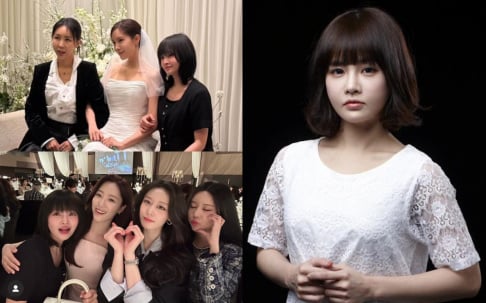
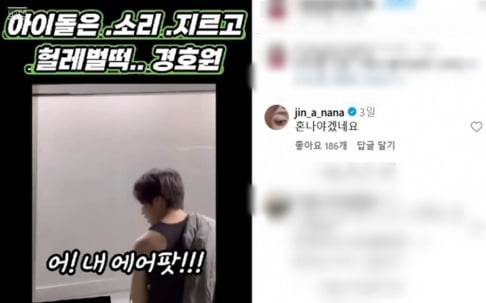

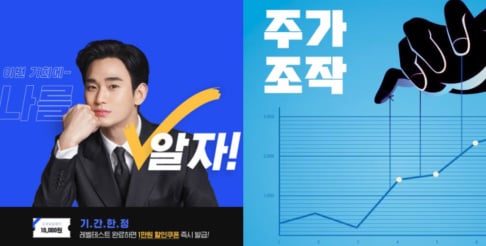

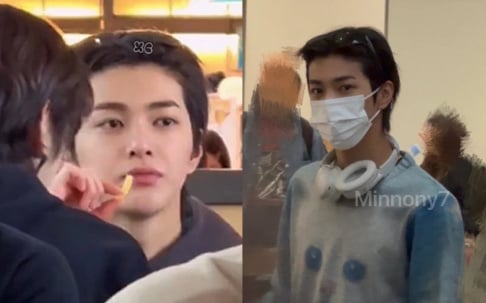

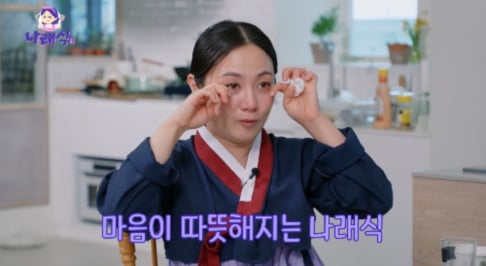
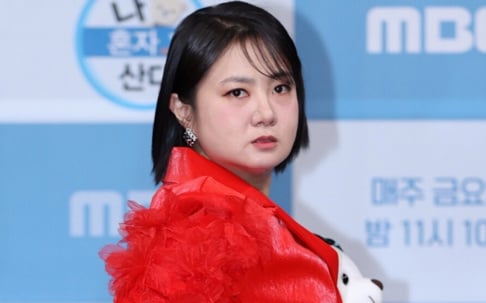


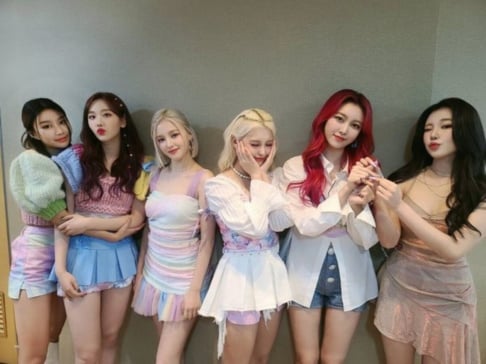

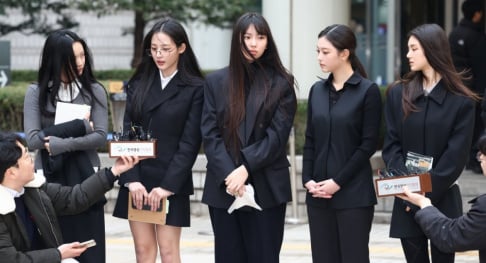

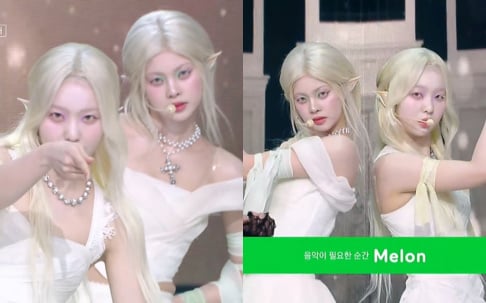
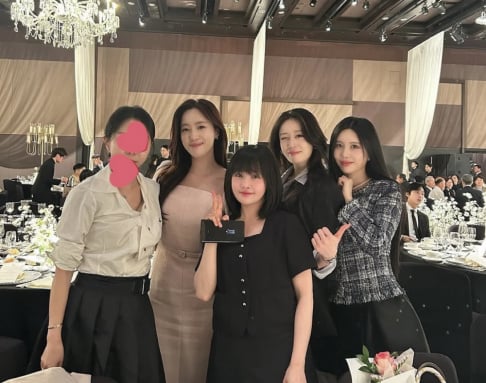

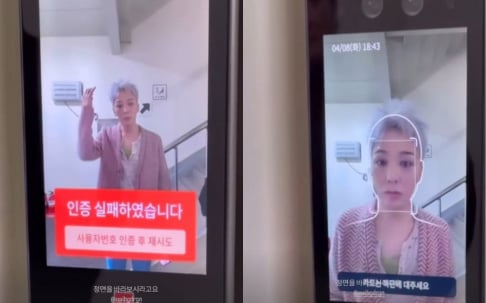





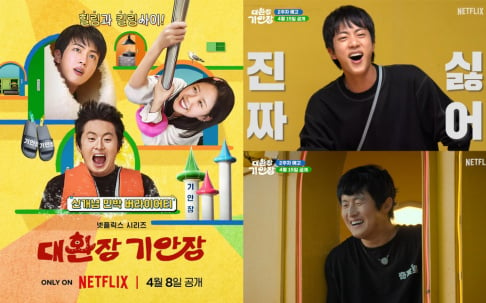

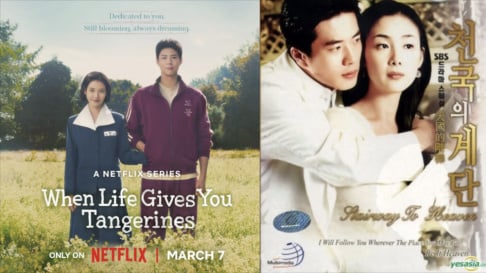


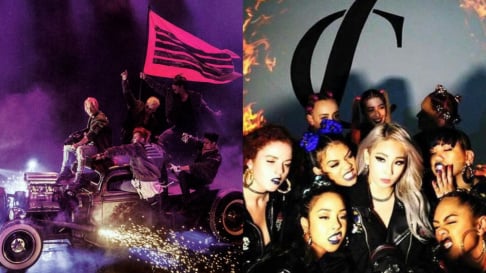
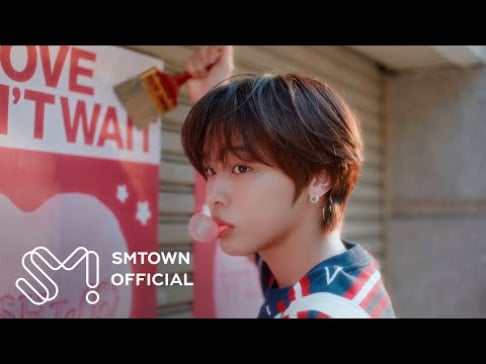
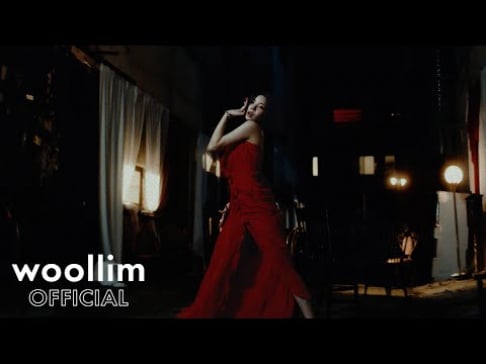
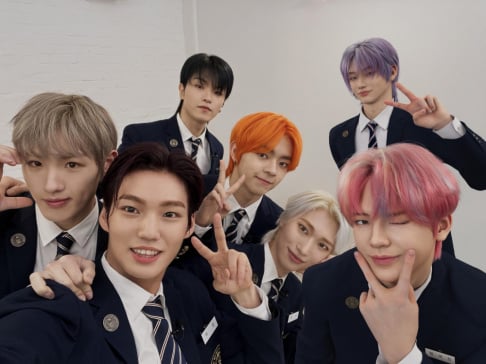






Log in to comment